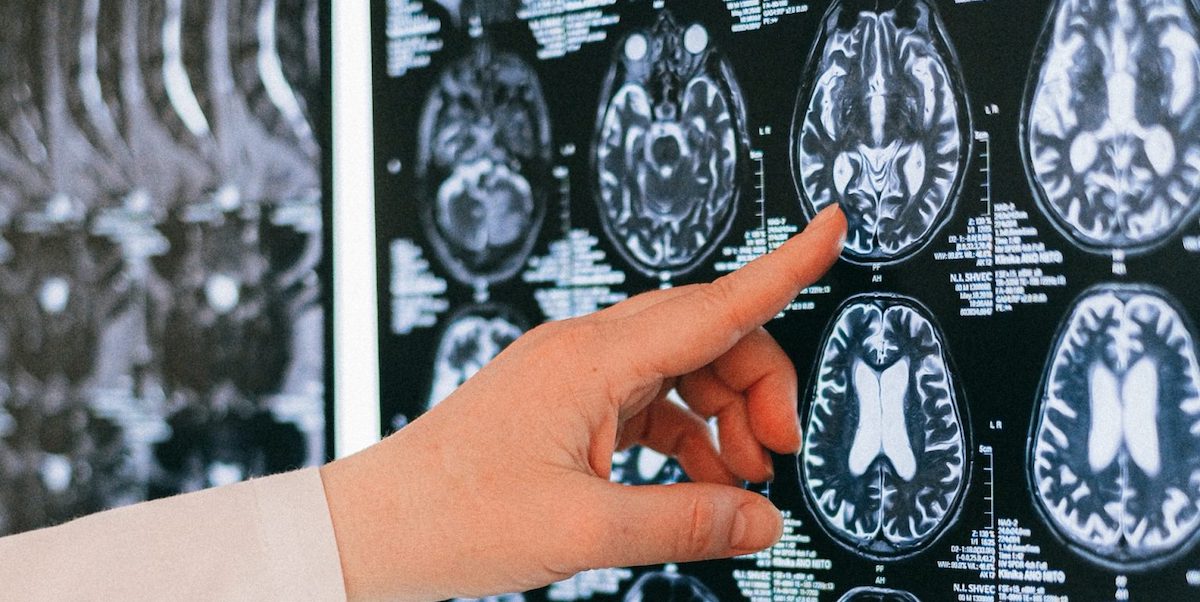Texas is experiencing a growing recognition of brain injury as a significant health concern. Brain injuries can lead to long-term physical and cognitive challenges that impact daily life for individuals and their families. Understanding the types of brain injuries prevalent in Texas, including their causes and symptoms, is crucial for effective treatment and support.
With increasing awareness, resources are becoming available for those affected by brain injuries. Medical professionals, support groups, and rehabilitation programs are vital in helping individuals navigate their recovery journeys. Knowledge of local laws and support systems can empower victims and families to seek the assistance they need.
In Texas, the conversation surrounding brain injury is evolving, highlighting the importance of education and advocacy. By exploring the complexities of brain injuries, this article aims to shed light on the paths to recovery and the support available in the state. If you need brain injury legal help after an accident that was caused by someone else’s negligence, then you should contact a personal injury lawyer in Texas.

Understanding Brain Injuries in Texas
In Texas, brain injuries can arise from various incidents and carry significant consequences. Recognizing the types, causes, and associated symptoms is crucial for affected individuals and their families.
Types and Causes of Brain Injuries
Brain injuries in Texas commonly stem from traumatic and non-traumatic sources. Traumatic brain injuries (TBI) often occur in car accidents, falls, sports incidents, or violent assaults. In 2021, the Texas Department of State Health Services reported that motor vehicle collisions accounted for a significant percentage of TBI cases.
Non-traumatic injuries may result from conditions like strokes, tumors, or infections. These incidents can affect a person’s cognitive and physical functions. Factors such as alcohol abuse, drug overdose, and exposure to toxins further contribute to the increasing prevalence of brain injuries in the state.
Symptoms and Impacts
Symptoms of brain injuries can vary widely. Common indicators include headaches, dizziness, confusion, and difficulty concentrating. Emotional changes such as irritability, anxiety, or depression may also manifest.
Long-term impacts can significantly affect quality of life. Cognitive impairments, memory issues, and changes in personality may persist for years. Many individuals require ongoing rehabilitation to manage daily activities. The economic burden on families and the healthcare system in Texas can be substantial due to these lasting effects.
Navigating the Legal Landscape
Victims of brain injuries in Texas face significant legal challenges while seeking justice and compensation. Understanding their rights and the intricacies of the legal system is crucial for effective advocacy.
Legal Rights and Challenges
Individuals with brain injuries possess specific rights under Texas law. They have the right to seek compensation for medical expenses, lost wages, and pain and suffering. Knowing these rights is essential, as many victims may not realize they are entitled to file a claim against responsible parties. Challenges often arise from proving negligence and establishing the severity of the injury. Collecting medical records and having expert testimonies can strengthen a case. Navigating insurance companies can also be complicated, as their primary goal is to minimize payouts. Knowledge of these elements can empower victims in their legal journey.
Securing Compensation
Securing compensation for brain injury victims involves several strategic steps. First, it is crucial to document all medical treatments and expenses related to the injury. Keeping track of rehabilitation costs, therapy sessions, and any future medical needs can enhance the claim’s credibility. Victims can also claim lost wages and future earning potential if the injury impacts their ability to work. Utilizing legal assistance can greatly improve the chances of a successful claim. Many Texas brain injury attorneys work on a contingency basis, meaning their fees depend on the compensation awarded. This arrangement ensures victims can pursue justice without immediate financial strain.
Seeking Timely Legal Help
Immediate legal assistance post-accident is vital for brain injury victims. Steps taken shortly after the incident can significantly affect the outcome of the case. Victims should seek medical attention first but also engage a legal professional quickly if they have a car accident brain injury in Texas. Documenting the incident, gathering witness statements, and retaining police reports are essential actions. Timely engagement with a lawyer can also lead to the preservation of evidence crucial for the case. In Texas, the statute of limitations for personal injury claims is two years, underscoring the need for prompt legal advice. By acting swiftly, victims can ensure that their rights are protected throughout the legal process. Anyone who suffered a brain injury due to a Texas car accident should contact CarAccidentAttorney.com. It is a lawyer referral service that can connect anyone needing brain injury legal help in Texas with a qualified personal injjury attorney.
